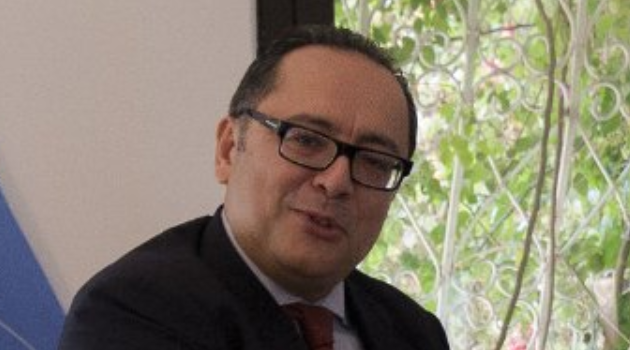This €50 million programme, funded by the EU will support 24 municipalities across the country in improving access to health, education, water and sanitation (WASH) and social services.
UNDP and UNICEF will also work at the national level to generate data to inform decision-making and build the capacity of ministries and national partners.
Today, 670,500 people need humanitarian WASH assistance in Libya. The crisis has affected 267,000 students, damaging 489 schools, 40 of which have been destroyed. In 1 out of 4 communities hosting migrants, migrant children do not have access to education.
The programme will address such needs, mitigating the impact of the humanitarian crisis and strengthening the protection of the most vulnerable.
Formulated jointly by the European Commission and Italy, the “Recovery, Stability and Socio-economic Development” programme in Libya seeks to improve basic services of the residents of those municipalities to assist not only migrants, refugees and internally displaced persons, but also Libyan host communities.
European Union Ambassador to Libya, Mr. Alan Bugeja, stated:
“This is the largest programme that the European Union has ever financed in direct support to improving the delivery of key public services by Libyan municipalities. Providing timely access to quality services, in particular for the most vulnerable people of the country, is essential for the future of Libya.
"As the Programme covers 24 Libyan municipalities, it aims to contribute to a wide and balanced coverage across the whole country.”
UNDP Country Director to Libya, Mr. Sultan Hajiyev (pictured) said:
“One of the UNDP’s priorities is to support authorities in their efforts to strengthen local governance to provide basic and social services. This is of crucial importance to promote SDGs as a tool for addressing the most urgent needs of Libya. Access to quality services is key to achieve peace and stability across the country.
"We are therefore very grateful to our EU partners for their invaluable support. I am also pleased we will be implementing this programme together with UNICEF as we expect this to enable us to maximize impact and ensure synergies between our agencies”.
UNICEF Special Representative in Libya, Mr. Abdel-Rahman Ghandour, said:
“After seven years of conflict and increasing migration flows through Libya, the ability of local municipalities to meet the needs of their populations have been severely hampered, with children and young people particularly affected.
“This latest funding from the European Union, therefore, is extremely welcomed and means UNICEF will be able to ensure that more children are protected, able to get education in a safe environment and access the health services that they need.”
UNDP and UNICEF will carry out the project in partnership with the Italian Development Cooperation Agency and in close coordination with national authorities, the Presidential Council, and the Government of National Accord.
(Source: EU)





